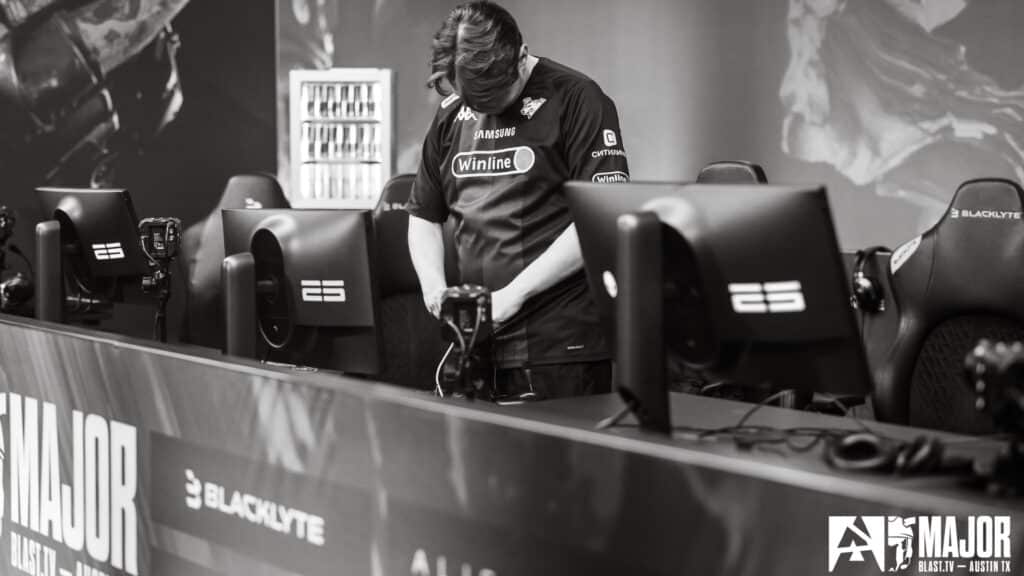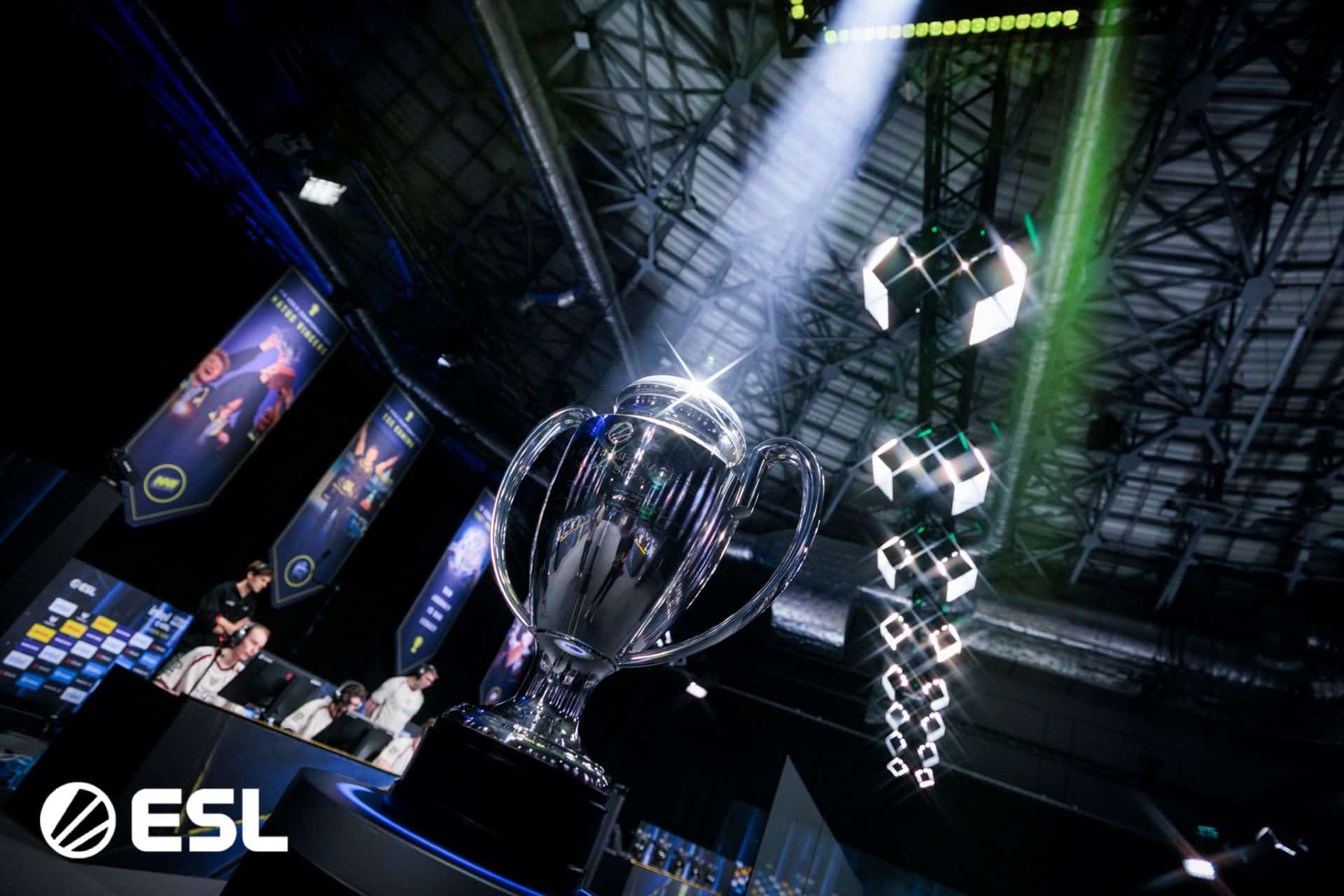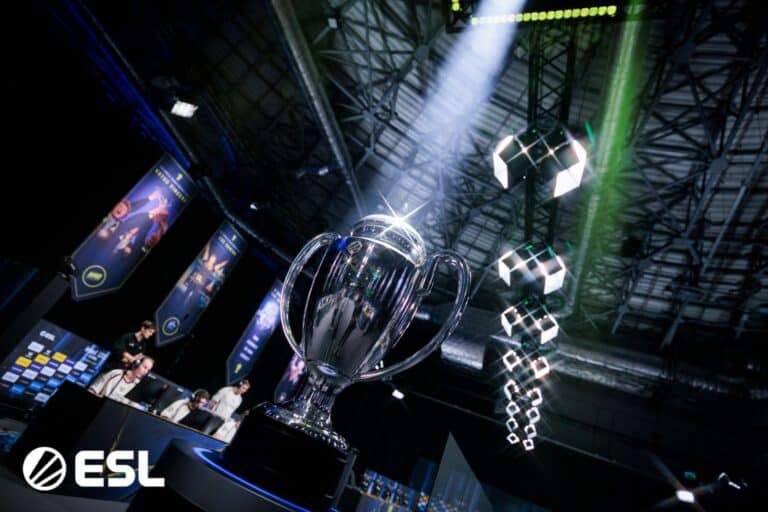Analysis & Opinion: What went wrong for FL4MUS at Virtus.pro? Who is to blame?
Darragh Harbinson, Senior Editor
Last Updated: 26/06/2025
On June 25th, Virtus.pro announced in quick succession the benching of Timur ‘FL4MUS’ Marev and the signing of 2021 Stockholm Major champion Ilya ‘Perfecto’ Zalutskiy. The time brings to an end an extremely difficult six-month stint for FL4MUS at Virtus Pro.
FL4MUS left GamerLegion as one of the most exciting young prospects in Counter-Strike following a stand-out period in the international roster under British Coach, Ashley ‘ash’ Battye, so what went wrong, and was the fault entirely on the 20-year-old Russian rifler?
.@perfectocsgo joins Virtus.рro 🔥
— Virtus.pro (@virtuspro) June 25, 2025
We’re excited to welcome one of the most decorated Counter-Strike players in the CIS region — a Major champion, multiple-time BLAST winner, and he alwo won Intel Grand Slam.
With this change, our roster for the upcoming season is now complete.… pic.twitter.com/08RPrDHhhW
Why Virtus.pro signed FL4MUS
FL4MUS moved to VP following a successful period at GamerLegion. The Russian had incredible impact at GamerLegion, bursting rounds into life through innovative and unusual entrying which often got his team space and man-advantages.
The Russian played an instrumental role in GamerLegion’s Shanghai qualification, both as an emotional lead and in the server, in their progression to the Elimination stage, where their tournament ended.
In a roster that was balanced more towards a passive playstyle, FL4MUS was the perfect aggressive tonic at GamerLegion… Then he moved to Virtus.pro
🫠
— ash (@ashhhcs) June 25, 2025
Virtus.pro struggles
In theory, Virtus.pro did need that aggression; they did need some innovation in what was proving to be such a strict form of Counter-Strike that it couldn’t surprise opponents. If there was one thing FL4MUS consistently was in 2024, it was surprising.
Despite VP’s tactical need, the match seemed wrong from the very beginning. Early in the season, negative talk emerged from both FL4MUS and the VP camp. In interviews with HLTV FL4MUS described that he was “doing everything wrong“, upon switching roles the Russian said he lacked experience and confidence. When speaking about FL4MUS, electronic emphasised the need to cut out mistakes.
Certainly, FL4MUS never found any kind of footing in form at Virtus.pro, suffering from a rating collapse in comparison to 2024. The Russian went from averaging a stellar 1.10 rating at Nemiga and GamerLegion to averaging 0.94 in 2025, suffering both on the CT and T-sides, despite Virtus.pro attempting to alter his positions after the initial stage of the season. The Russian surrendered star roles, and played within himself in anchor roles leading to a slow demise.
Speaking at the Major, FL4MUS explained his T-side downturn in the following terms:
You need to understand when you can be aggressive and when you cannot. I’ve lost that connection sometimes, because for example in previous teams, if I saw an opportunity I was going for it. On that team it was working, but it was against the teams we were playing.
Timur ‘FL4MUS’ Marev
From these interviews, we can see a clear narrative emerging inside the VP camp – FL4MUS is inexperienced, he makes mistakes, he also believes in the criticism from his senior teammates, and simply believes he’s playing badly. I don’t see it that way.

Opinion: A player robbed of confidence
Virtus.pro as an org should be concerned with how quickly FL4MUS seemed robbed of confidence after joining, with the first interview quoted above taking place in January. Quick to point out his own weaknesses, the young player was also keen to dismiss all the good work he had done at GamerLegion and elsewhere. Yet it was his confidence and swagger in the server that had got him into tier one.
VP’s messaging may have given a clear narrative about FL4MUS, but, looking from the outside, it seems the move was never going to work, not because of FL4MUS’s ability as a player, but because of the constraints of the Virtus.pro’s playstyle being ideologically opposed to the kind of play that made FL4MUS GamerLegion’s x-factor.
FL4MUS’s play always involved risk. When that risk paid off, ash would simply watch FL4MUS’s POV and laugh as he killed three people running out mid on Ancient 15 seconds into the round. When it didn’t work, GamerLegion played the disadvantage, backing FL4MUS that it would work next time.
In general, FL4MUS’s time at Virtus.pro made him unrecognisable in the server, as the player gradually slowed down in making plays, grouped more with teammates, even playing some lurking roles. Virtus.pro’s system didn’t bend to accommodate FL4MUS,
FL4MUS bent to try to be a completely different player for electronic and wasn’t particularly great at being something he wasn’t. That fact should not be surprising to Virtus.pro, electronic, or anyone associated with the organisation. Players have natural skillsets, and you sign players with their skillset in mind.
Virtus.pro finally have their system player, but may still struggle to make space and surprise opponents, this time without a young entrying talent who could have done much more for them with a bit of leeway.
Darragh Harbinson, Senior Editor
Darragh Harbinson is an esports writer specialising in Counter-Strike. He has written for Esports News UK, Esports Insider, UKCSGO, Dexerto, and Rush B Media.
Stay Updated with the Latest News
Get the most important stories delivered straight to your Google News feed — timely and reliable





From breaking news and in-depth match analysis to exclusive interviews and behind-the-scenes content, we bring you the stories that shape the esports scene.
Monthly Visitors
User Satisfaction
Years experience
Latest Opinion











